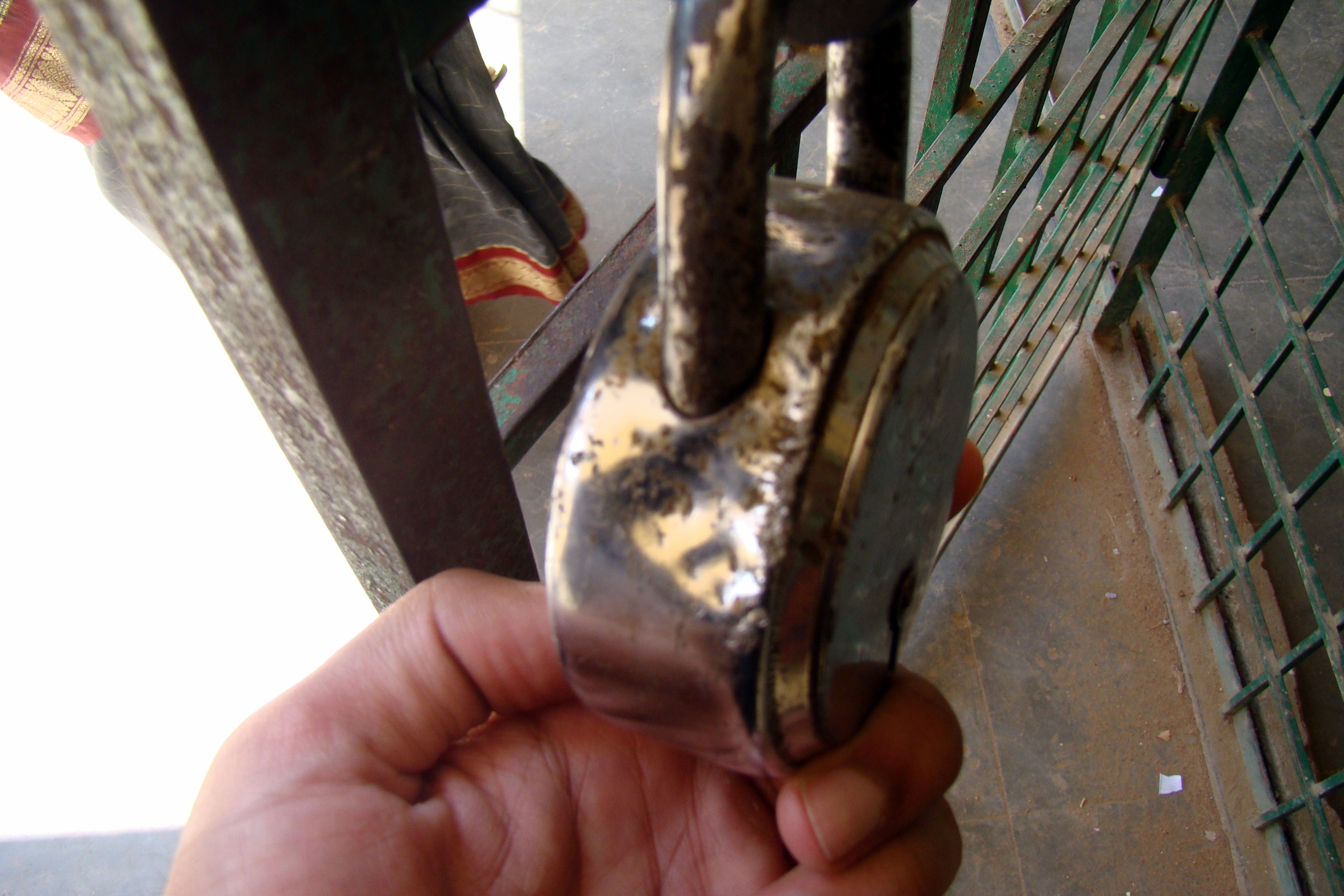Sustaining Bangalore's Government School Toilets: An Ethnographic Study
Usable toilets are integral to a school, yet they remain elusive in many Bangalorean government schools. In addition to posing sanitary risks, poor toilet conditions adversely affect school enrollment and attendance, especially for girls. Schools blame it on the lack of financial resources. The real cause, though, has roots deeper than one might think. This collaboration between Microsoft Research India (MSRI) and the Akshara Foundation investigated why it was so hard for government schools to maintain usable toilet infrastructure. The insights found informed programs for Akshara and other local NGOs while providing MSRI seeds for technology explorations.



Working closely with Akshara’s community organizers (COs), or field-workers, we performed ethnographic research at 16 urban and 20 rural schools. Interviewees included COs, parents, students, teachers, NGOs and even a former deputy commissioner of police. Interviews were supplemented with firsthand observations to give us the complete picture. For example, to understand the environment in which vandalism took place, I visited an urban school after sunset. The gate was left unlocked, the lights were out and the environment was eerie. I observed as four groups of people entered the compound, used the toilets and urinated in the school grounds.



A rating system devised to help us evaluate and make sense of toilet conditions.
Our research concluded that community ownership was essential for schools to sustain their toilets, and consequently improve the quality of their education. Nuisances such as vandalism were absent and lack of resources, such as water, were handled better. In the case of one rural school, the village panchayat, or self-government, provided free water connections and warded off vandalism. Teachers and students cleaned the toilets after school, saving money on hiring cleaners. Other insights included how urban parents were indifferent towards their children’s education compared to rural parents and often “school-hopped” when they stopped getting free stuff from schools.


Backstory: this work was a pivot of a technology exploration. Akshara wanted to increase community engagement in government schools: they perceived a lack of avenues for parents to discuss their children’s education with teachers. Parents worked “minimum wage” jobs with restrictive schedules and feature phones were the only means to reach them. I developed a system that would let parents call a telephone line, record messages for their school and have teachers respond to them. However, a quick show-and-tell with a handful of schools, parents and COs revealed just how flawed our hypothesis was. Parents were simply not interested in getting in touch with teachers. Most were unaware what their kids were even learning at school.
An interactive voice response prototype developed in Python was ill-fated as we targeted the wrong problem.
Through this research we found a little-explored space for sustainable design and I learned an invaluable lesson: to be useful and scalable, technology solutions need to work with people’s motivations, social systems and environments. This means following a user-centered research process to ensure that you are addressing the problem and not its symptom. This project gave me firsthand experience at tackling an immensely abstract issue, and I loved learning by getting out in the field. Soon after, it would put things in perspective while I pursued my HCI Master’s degree.
SCOPE
Investigate the condition of Bangalore's government school toilets, document challenges in maintaining them and find opportunities for sustainable design
PERSONAL IMPACT
Ethnographic research, prototyping
ORGANIZATION
Microsoft Research India, Akshara Foundation
TEAM
TEAM DISCIPLINE
Computer Science
LOCATION
Bangalore, India
DURATION
November 2010-July 2011
DELIVERABLES
Ethnographic toilet surveys, technical report, interactive voice response prototype
TOOLS USED
Python, PostgreSQL
PUBLICATION
Technical Report, Microsoft Research India, August 2013.
TYPE
Ethnography
